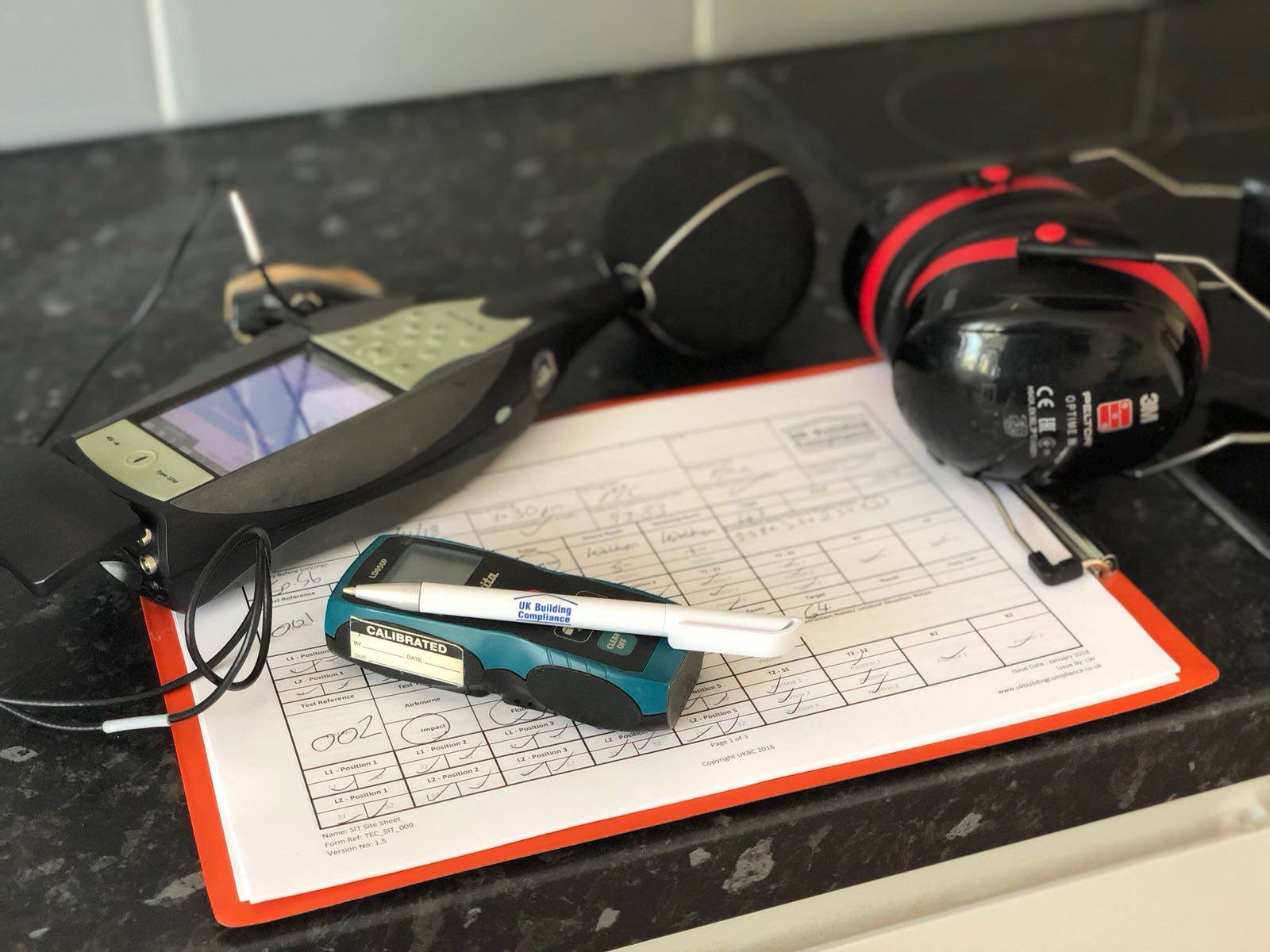Insider’s View: The Impact of Sound Insulation Testing on Construction Quality

In the intricate world of construction, quality is paramount. From residential dwellings to commercial complexes, ensuring a high standard of construction goes beyond just aesthetics. One often overlooked aspect of construction quality is sound insulation testing, which plays a crucial role in shaping the acoustic environment of a building.
Sound insulation testing, also known as acoustic insulation testing, is the process of measuring how much noise travels through a building’s fabric. This includes walls, floors, and ceilings. While it may seem like a minor detail, the impact of sound insulation testing on construction quality is significant and far-reaching.
Here’s an insider’s view on why sound insulation testing is essential for ensuring construction quality:
1. Compliance with Building Regulations:
Sound insulation testing is not just a matter of preference; it’s a legal requirement. The UK building regulations mandate minimum standards for sound insulation in residential and commercial buildings. By conducting sound insulation tests, construction projects can ensure compliance with these regulations, avoiding issues with building control sign off and legal complications down the line.
2. Creating Comfortable Living and Working Environments:
Imagine living or working in a space where noise from neighbouring units or outside traffic constantly disrupts your peace and concentration. Poor sound insulation can significantly impact the comfort and productivity of occupants. Sound insulation testing helps identify areas where noise may penetrate, allowing construction teams to take corrective measures and create environments that promote tranquillity and focus.
3. Enhancing Property Value:
Quality construction adds value to a property, and sound insulation is an integral part of that equation. Potential buyers or tenants are more likely to invest in properties that offer a quiet and peaceful living or working environment. By conducting sound insulation testing during construction, developers can showcase the attention to detail and quality craftsmanship of their projects, ultimately enhancing their market appeal and value.
4. Avoiding Costly Remediation:
Identifying sound insulation deficiencies during the construction phase is far more cost-effective than addressing them after the building is complete. Remediation efforts, such as installing additional soundproofing materials or modifying building structures, can be time-consuming and expensive. Sound insulation testing allows construction teams to proactively address any issues, saving both time and money in the long run.
In conclusion, sound insulation testing is not just a box to check off during construction; it’s a critical component of ensuring quality in the built environment. By prioritising sound insulation testing, construction projects can ensure compliance with regulations, create comfortable living and working environments, enhance property value, and avoid costly remediation efforts. It’s an investment in construction quality that pays dividends in the form of satisfied occupants and long-term property value.
Share
